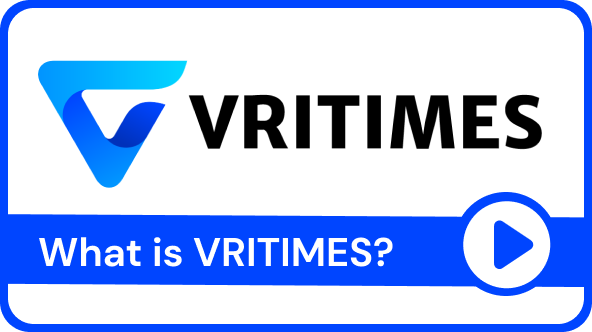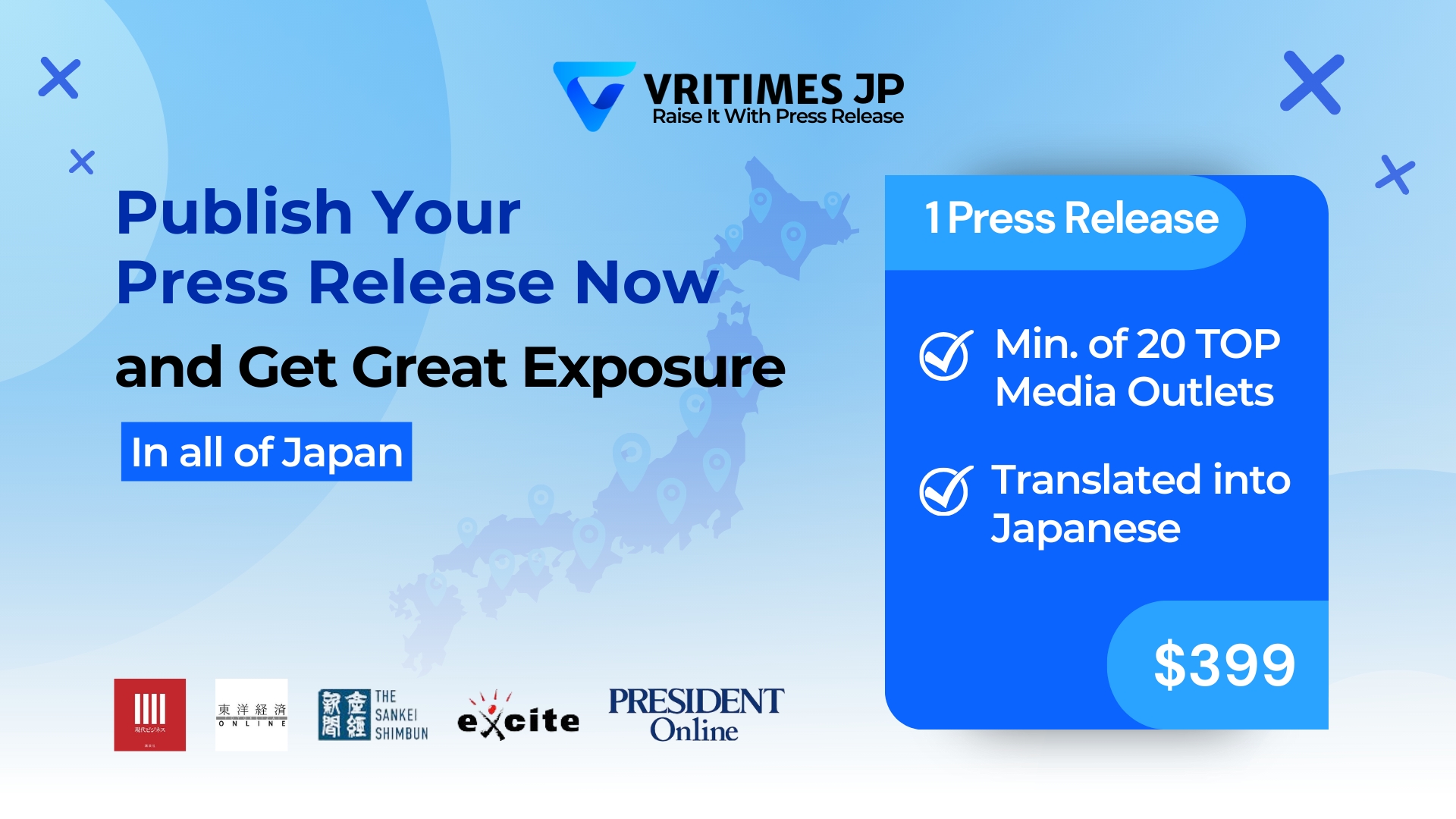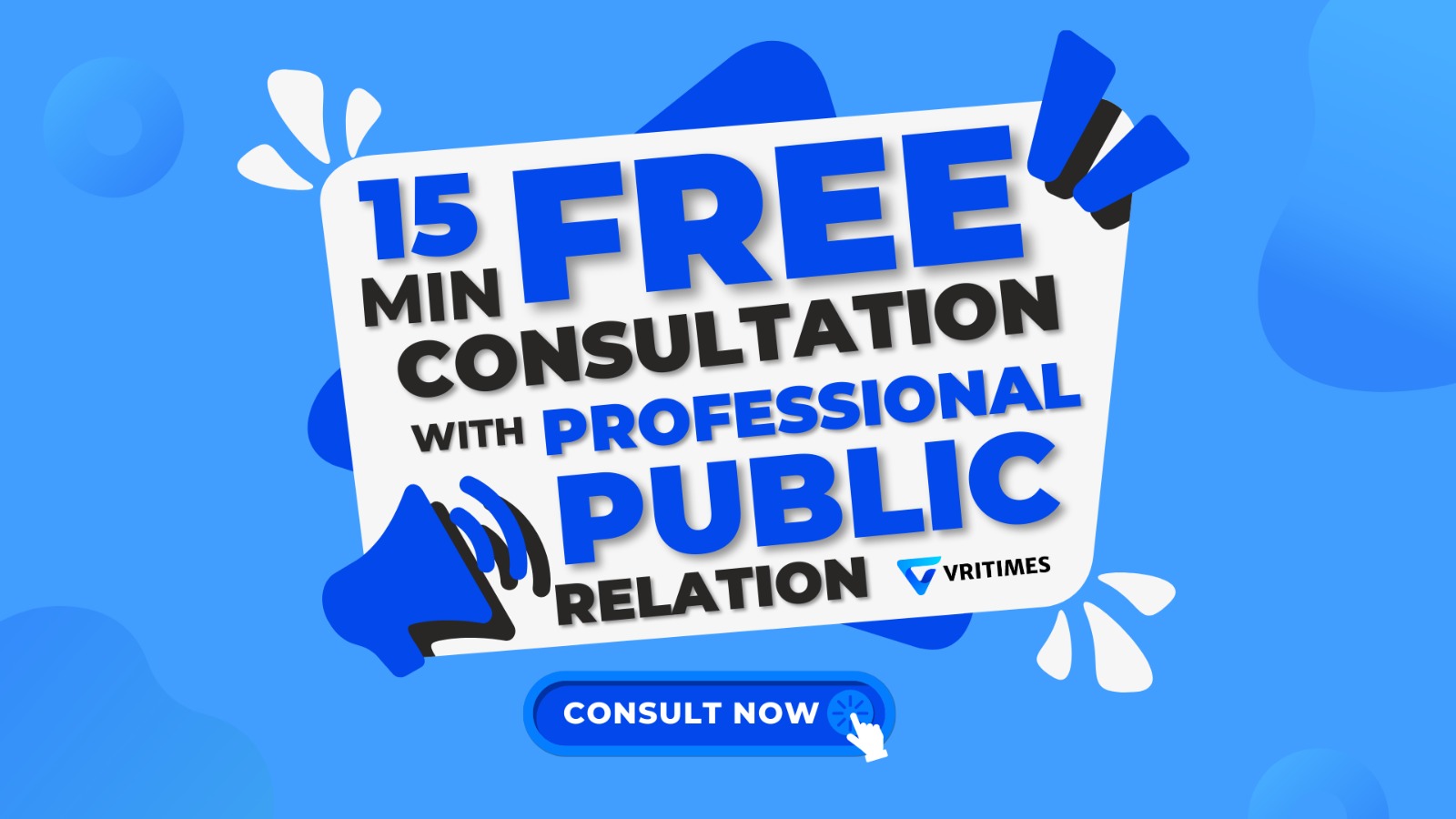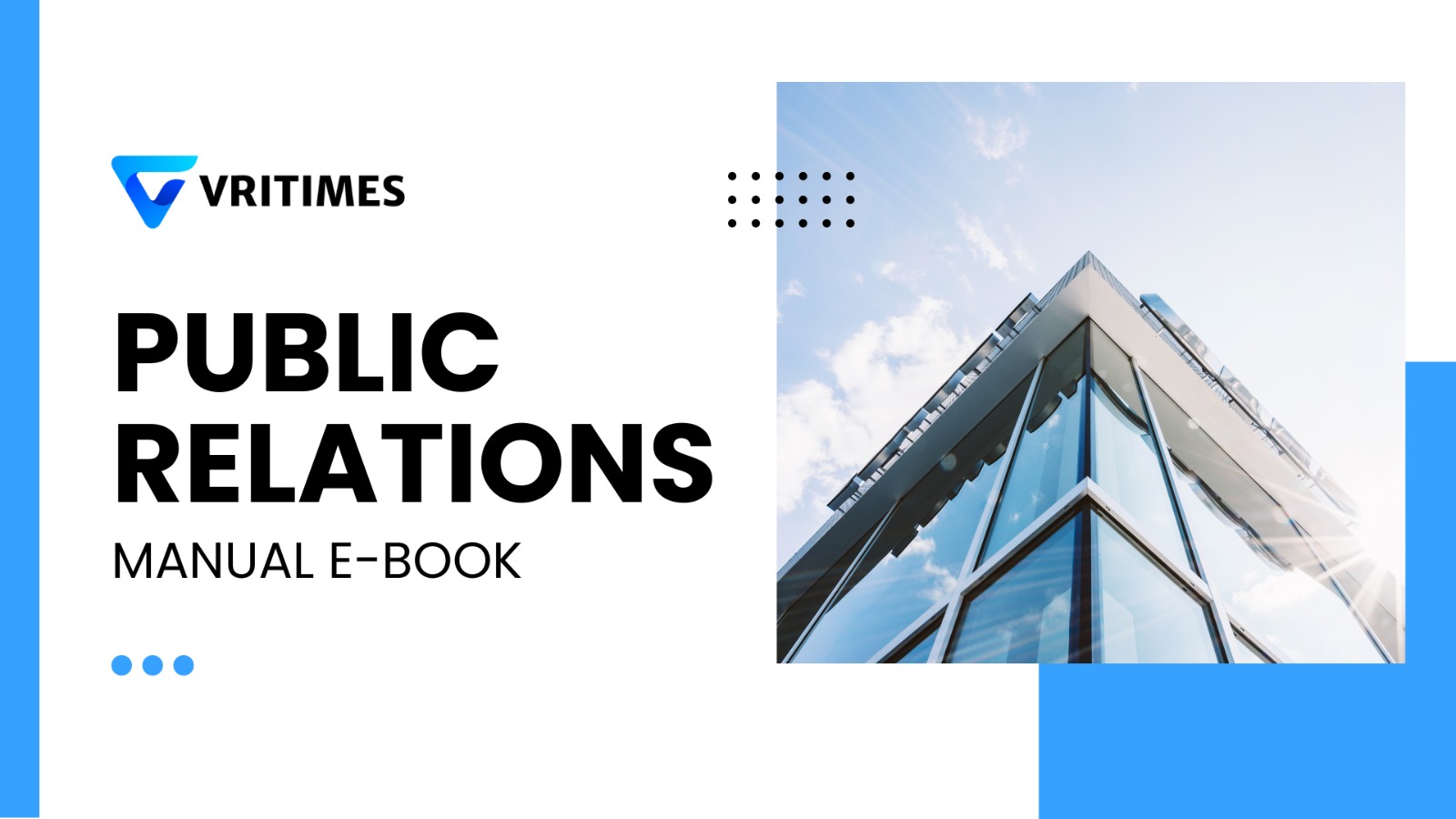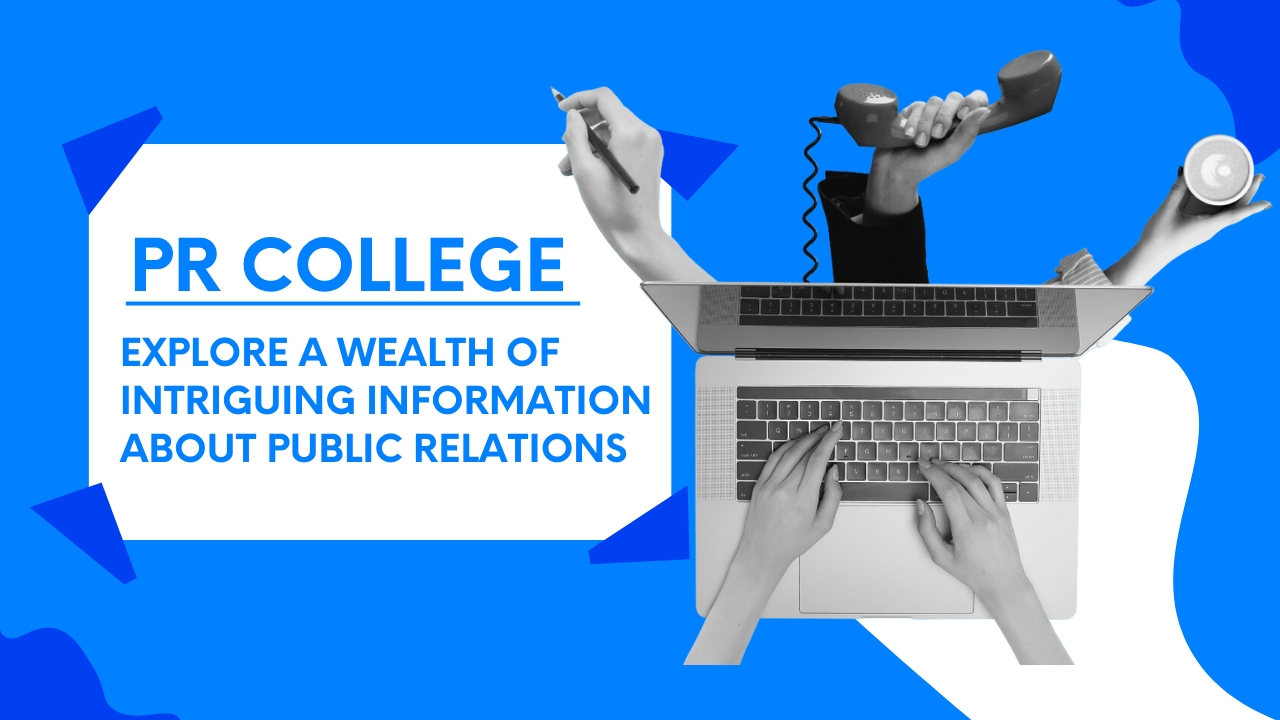/ Words That Commonly Used in Public Relations Jobs
Words That Commonly Used in Public Relations Jobs
Jobs that are related to public relations are synonymous with communicating with the community and providing information regarding the company. Sometimes, it can be seen that some words are repeated and tend to be boring.
The words can be attractive or even very boring because they are used too often. Therefore, it is necessary to understand the importance of choosing the appropriate words for public relations work.
Related to the activities of a person in charge of public relations, it’s interesting to understand the many comments about the commonly used words in public relations work. Check out the explanation below about overused words in public relations work and the comments.
Frequently Used Words in Public Relations Field and Their Comments
Language is a bridge of communication between one party and another. Several languages with the right keywords can make people more interested and paying attention. Here are a few of the most overused words in public relations work and the comments.

1. “Most Influential”
The term ‘influential’ often appears as an effort to convince the public of something that has a significant impact on other things. Sentences that are commonly used are like: "this product is the most influential product at smoothing the skin", “this is the most influential product!” and etc.
These words do have the ability to hypnotise the public. However, if it is used too often, then the level of public trust will decrease because too many companies claim this statement.
For the solution, companies can use other words such as ‘effectiveness’, ‘trusted’, ‘proven’, and etc. Fresh air is needed to revive consumer’s trust.
2. “Breakthrough”
The use of the word ‘breakthrough’ is often followed by various consequences. These consequences, for example, a product has to be new and present things that have never existed before.
If it fails, then the level of consumer’s trust will decrease. These words are often used by some companies when they can’t make a real new product.
So, it can be better to use words like 'innovation', 'more effective', 'better than before' and etc. The words 'breakthrough' too much demanded a product to be 'revolutionary' and it would be very disappointing if there’s no difference from the others.
3. “Number One In The World”
Words related to 'number one product in the world' are overused by product or service providers. These words are often branded as words full of lies. The reason is, the product provider can’t prove these claims.
The use of these words is an example: “a leading company in America” or “the number one supplement in the world”. These claims are repeated over and over again without attaching achievements and these actions are lies. This attitude will only make people sceptical of the statement.
The solution for this problem has been discussed before, attach the achievement that shows this statement. For example, the most effective product certification meets standards, or etc. The public will also have more trust in these claims if there is concrete evidence of an assessment from an authorised institution or party.

4. “Only For Certain Groups”
The comments regarding overused words 'only for certain circles' are too frequent and boring. Examples of its use are 'this service is only for those of you who want to move forward', 'this service is only for the next strong generation', and etc.
Some of the purposes of using these words are to make listeners or consumers feel selected, more interested in collaborating, or other actions. However, people already know the function of a product or service whether it is suitable for them or not.
Instead, use words in the form of 'for the first 10 registrants', 'for our special guests', and etc. Use new words that are increasingly attracting the attention of consumers or listeners.
5. “Open Now” Command
The overused words in public relations work are asking listeners or consumers to do something they 'think' will make them curious. For some people, this action is used too often so it is quite boring.
An example of its use is 'open now to find out the prize'. That curiosity can turn into disappointment if it's not worthy.
The solution is to use some words that’s cheeky. For example, 'don't open it if you want to lose money'. For some people, prohibition is a challenge, so people are interested in knowing more about it.
This is the explanation of overused words and its comments in public relations work. Hopefully, with the explanation above, the company can do their best and connect to the community more precisely.
If the relationship between public relations and consumers or listeners is good, then the longevity of the company can be guaranteed. The company will also get more value than just a provider of goods or services.

